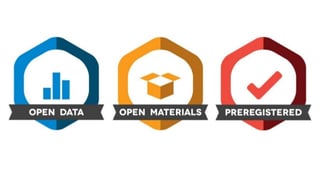On his site opencontent.org, Dave Wiley maintains a document describing what "open" means with respect to open content. Admittedly, this site and Wiley's work focuses on education and OER (open educational resources), but he (and others) have put a lot of work and thought into this and I think the points he makes here are relevant to open science.
Here, "open content" is described as works licensed to enable users free access to:
- retain (store, own, control)
- reuse
- revise
- remix (aggregate, mashup)
- redistribute
Replicability and reproducibility are crucial to science, and I think these "5R activities" describe a necessary and sufficient set of conditions enabling a scientist to replicate and build on the work of another.
Of course, the extent to which others can reuse, revise, and remix your research depends on a lot of practical factors. You may have licensed your incomprehensible Matlab research scripts using a permissive open license, but if nobody can decipher them, their "revise"-ability and "remix"-ability are limited. On the other hand, writing production-quality research software takes time and training that many academic researchers frankly don't have.
So I think at a minimum, open science projects must be licensed in such a way as to facilitate these 5R activities. Ideally, research software, data, and other scientific outputs would be also break down practical and technical barriers to be easily consumable by others, but exactly what is reasonable for a particular researcher in a particular context is hard to say.

